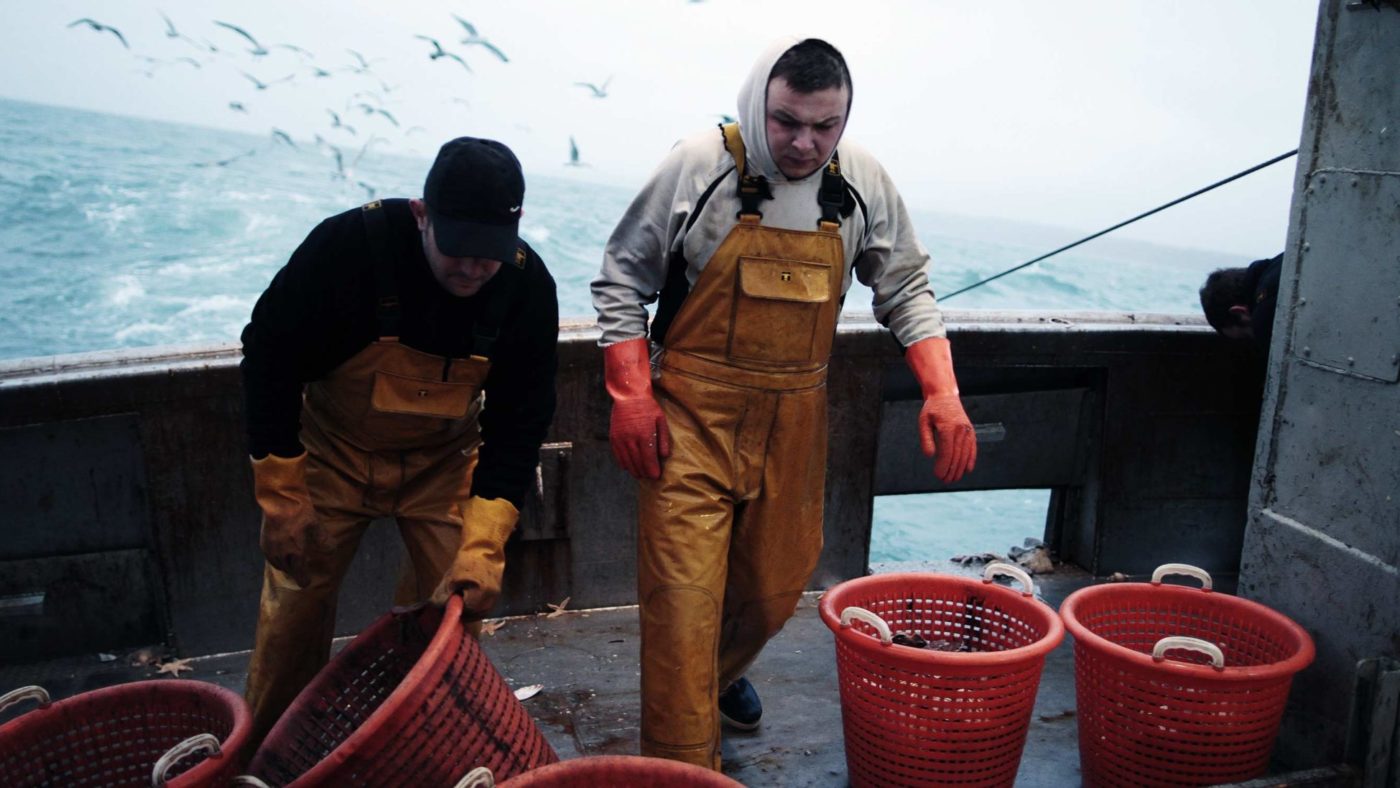This week, French and British fishermen clashed over scallops. By “clashed”, I mean French boats reportedly rammed, and threw rocks, smoke grenades and lumps of iron at their British counterparts.
This was not a bit of student level placard waving and fist shaking, but serious and dangerous – and illegal – aggression.
It is not that the French don’t have a point, albeit one taken to obscene extremes. Their grievance is based on a genuine discrepancy, though one that is hardly the British fishermen’s fault: Paris has unilaterally placed restrictions on its own fishermen that are not mirrored by other parties.
But the process works both ways and there are plenty of instances that are far more serious, of Spanish and French trawlermen operating legally in UK extended waters, but where their UK counterparts have hit their species limits and even have to throw catch back. It is a far from one-sided grievance, and historically the UK fleet has overall fared much worse.
While the French government is reluctant to enforce the law in its jurisdiction by putting the perpetrators in the dock, national media coverage there (unlike some of the more restrained local output in Normandy) has been jingoistic. Libération talked of a “victory”; France 3 showed a skipper talking of a justified action which had paid off because the British boats had left; and Ouest-France said the fishermen had gone to sea to “explain” matters, which sounds very friendly and engaging of them.
The incident is in its own way a timely prompt. It reminds us of two realities as we prep for Brexit.
The first, which hardly needs to be stated, is that however the policy shift away from the Common Fisheries Policy develops, and as the national reassertion of control over these resources emerges, the nature of fisheries is such that there will still need to be communication and cooperation.
As no one is in fact contemplating isolation, and all parties are aware that non-EU Norway and Greenland for example have functional mechanisms to discuss fisheries licences and oversight, the point need not be underlined further.
The second element is more urgent. This bout of maritime thuggery reminds us of the need for policing, and also of deterrence.
These sorts of clashes over fishing access are far from unheard of, and it has to be said the track record of certain countries is pretty shameful.
In 1997, the UK-registered but Spanish-run (and uninsured) vessel Seahorse collided with the Irish vessel Exodus in Bantry Bay, leading to the death of the Irish skipper. Even if the incident was considered to be probably accidental (crewmen claimed otherwise), it fitted into a series of ramming cases previously logged locally, including a further confrontation that very week, and was followed a week later by another Spanish vessel striking a British boat in the Irish Sea.
Nor are the Spanish alone. French trawlermen once responded to provocations by raiding a competing Spanish harbour, as if acting out a scene from an Elstree movie.
It has to be said that British fishermen are, certainly by direct contrast, far more law abiding and non-confrontational. The highlight of British aggression arguably came during the “Turbot Wars” between Canada and Spain, and consisted of British (and Irish) trawlers merely flying the Jolly Roger and Maple Leaf duster in show of moral support.
Fisheries issues today remain live wires. Spanish fishermen openly intrude into Gibraltarian waters. In January, French trawlers blockaded Calais over electric pulse fishing. The transition for continental vessels currently enjoying considerable, and very one-sided, access rights to UK territorial waters under the tremendously partisan Common Fisheries Policy will inevitably now generate some anger as many of those privileges are, at long last, rescinded.
For this, DEFRA and the MoD now need to be prepared. More than this, they need to demonstrate capability and intent in advance, in order to efficiently deter. This is not just about ensuring the UK’s fisheries are being policed, but making it known that robust rules of engagement have been issued to those enforcing the law.
Disputes around the Channel Islands in 1993 saw Royal Navy personnel in effect being kidnapped, while a Fisheries inspection vessel was allowed to be boarded and overrun. This subsided partly when the politics on the French side were cleared up after elections, and partly when it became clear that a number of hefty Royal Marines were being put on board the inspecting ships.
The lesson for today is that both assets and attitude are required. Thankfully, in part it would seem due to lobbying from Veterans for Britain, the lesson about the kit being needed has been acknowledged.
Three Batch 1 River Class fisheries vessels that were due to be scrapped have been mothballed and are now available to help with policing over the crunch transition period, the crunch “have a go” time for recalcitrant skippers. It was a key call by the Government at the critical time. That then leaves the attitude.
Thousands of UK jobs and billions of pounds worth of stock are at stake. Dimitri Rogoff, the regional head of the French trawler council said, “Nous sommes voisins, il faut qu’on cohabite.”
I’m sure we will. But only if ministers map out a robust policy to deter the hot heads during the transition.


